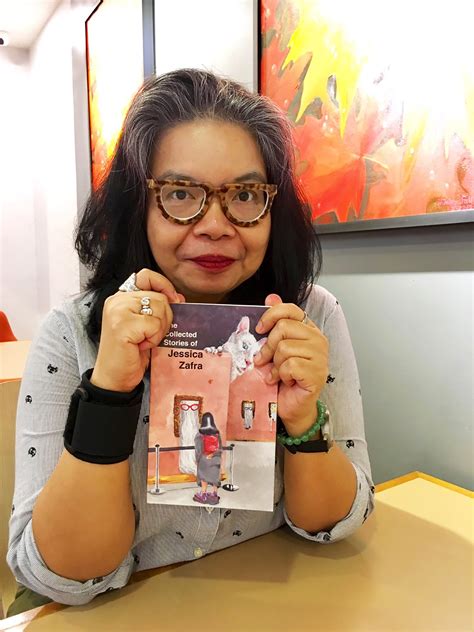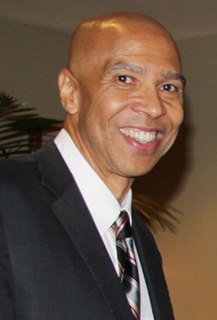A Quote by Khaled Hosseini
I don't remember how I picked up 'Different Seasons,' but it was a book I read on a grave shift. I was absolutely floored by it; 'The Body,' a story about kids who go searching for a corpse in the woods, impacted me especially.
Related Quotes
My ex-student, Idit Harel, who wrote a book, "Children Designs," has a documented story of a kid who was very shy, isolated and didn't talk much to other kids. She was a little overweight, and the other kids looked down on her for that reason.But then she made a discovery about how to do something on the computer. The discovery was picked up by other kids, and within a few weeks there was a total transformation. This kid was now in demand. And that changed her feeling about herself.
If Hunter hadn't been there, I would've picked up the phone to call Eric. I would've asked him to bring a shovel and come to help me dig a body up. That was what a boyfriend should do, right? But I couldn't leave Hunter alone in the house, and I would've felt terrible if I'd ask Eric to go out in the woods by himself, even though I knew he wouldn't think anything about it. In fact, probably he'd have sent Pam.
I had no intention of replacing Arnold [Schwarzenegger]. There were a few things that made me want to do the movie. They were the script which had a different direction to it, and it was a chance to do a very different Quaid. I didn't read the short story until I went to college.Reading the story had a different effect on me of how I pictured him to be and the tone of the story was different. In the story, he's a bit more of an everyman.
Who are we to tell Lonzo Ball how to raise his kids. He's very entertaining and you've got to remember, guys, weren't we saying the same things about Richard Williams and Earl Woods? And how did their kids turn out? This works for the Ball family. He's a strong father figure. His kids love him and respect him, so what's everyone complaining about?
Wanting to know absolutely what a story is about, and to be able to say it in a few sentences, is dangerous: it can lead us to wanting to possess a story as we possess a cup... A story can always break into pieces while it sits inside a book on a shelf; and, decades after we have read it even twenty times, it can open us up, by cut or caress, to a new truth.
My mother lived her life through movies and books - she read everything there was to read. And she read to me every night. I never went to sleep without her reading to me. And she fantasized about the book and she would talk about it, the place, and you would think that after she read the book and after she told you stories about it, that she had actually been there. I learned about story from her, and I learned the value of a great story, and the value of great characters.
The one thing about kids is that you never really know exactly what they're thinking or how they're seeing. After writing about kids, which is a little bit like putting the experience under a magnifying glass, you realize you have no idea how you thought as a kid. I've come to the conclusion that most of the things that we remember about our childhood are lies. We all have memories that stand out from when we were kids, but they're really just snapshots. You can't remember how you reacted because your whole head is different when you stand aside.
I remember having been with this book [Into the Forest] for a long time, and I remember the moment that she [Patricia Rozema] sent me the script and what it was like to read it for the first time. I just was so blown away by how she managed to capture the story and their relationship to each other, and the nuances of that.
The Color Purple really floored me. That book was just incredible because I loved the language. The biggest deal of that book was that I loved the poetry of broken English. Broken English and vernacular. It just floored me that you can actually capture the way people really talked. And I also really connected to the social class element.







































